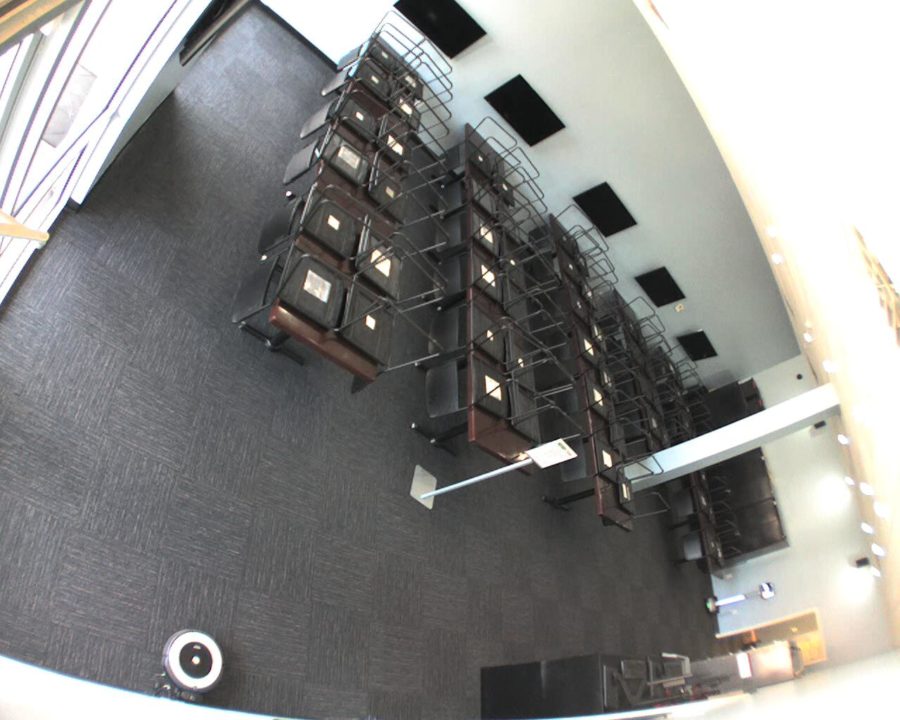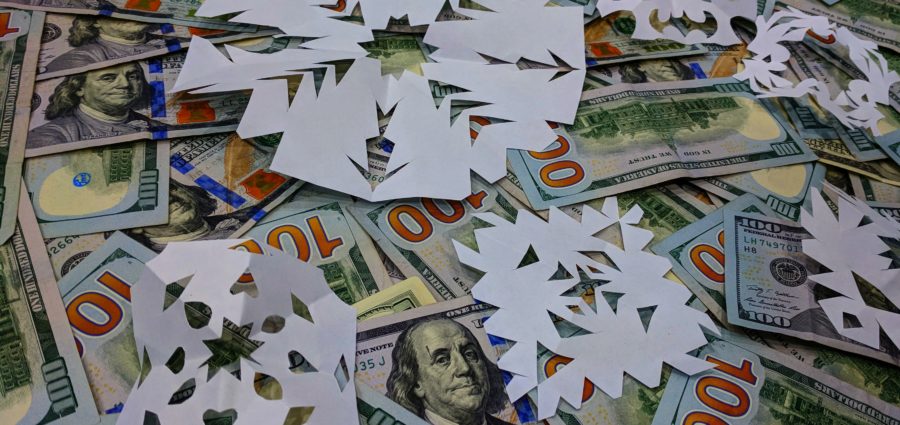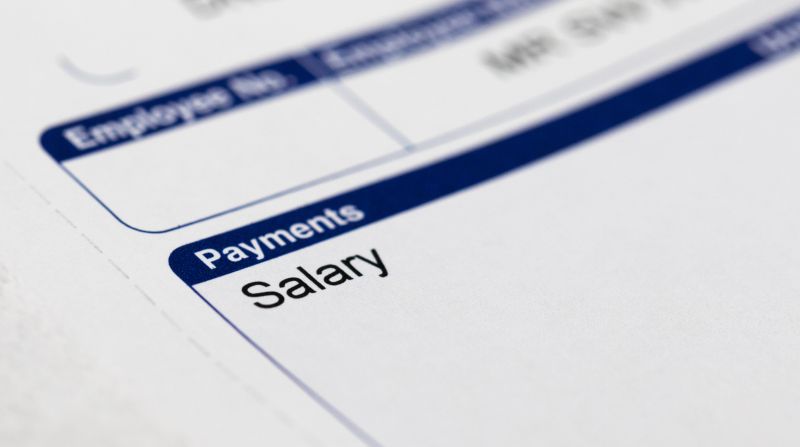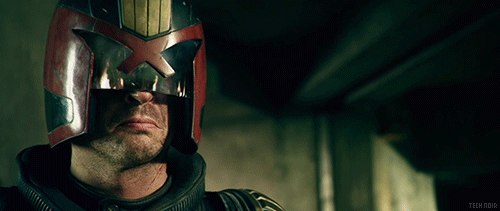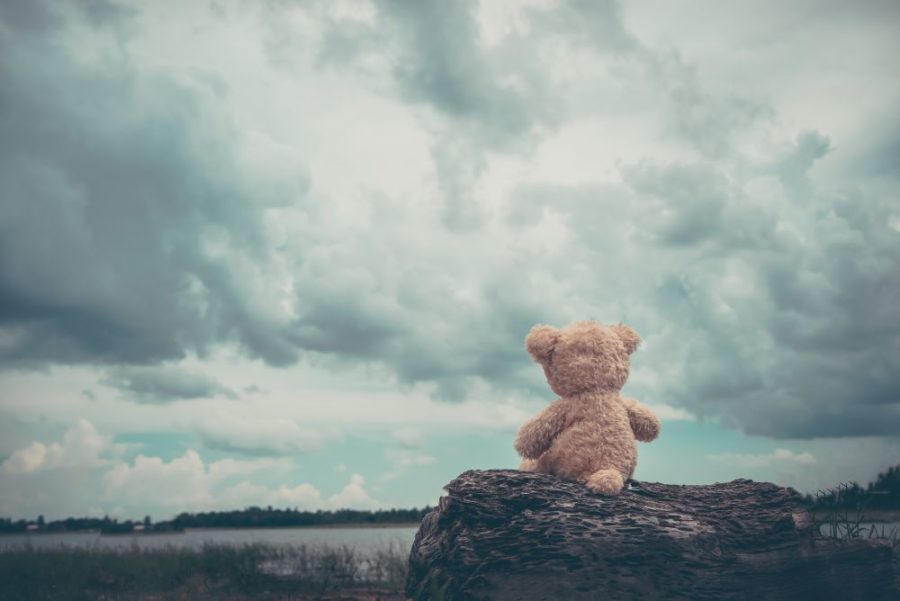
I am in an abusive, manipulative, on-again off-again relationship with Facebook. Not everyone has the problem-set that I have, but combined with a lack of self-control and discipline, it is a very real obstacle for me. There’s a fix, but it’s not without cost.
Facebook is, first of all, a time suck. It has frequently been the first thing I checked in the morning, and the last thing I checked at night. I have compulsively checked it, sometimes reading all of my notifications and closing the app only to open it again to check my notifications before realizing that I am acting like a crazy person.
I frequently do not like who I am on Facebook. Facebook brings out my worst affirmation and attention-seeking behavior. Any time I crack a joke, or see something adorable, or do something that I think is impressive, my first instinct frequently is to document it on Facebook. This isn’t healthy. I sometimes joke with my wife when I see her taking a photo of something that “this ought to be worth at least… twelve likes.”
I do not like who my friends are on Facebook. I don’t mean that I didn’t like the people. I like them plenty. What I mean is that everybody responds to the pleasures and pressures of Facebook differently, and some become dramatically different people with the distance and barrier of a keyboard or phone between them and the rest of the world. It isn’t the only issue, but I think I only have to say “2016 Election” for most of you to know exactly the kind of thing I’m talking about. Almost all reason, patience, and love vanished on my Facebook feed on both sides from August 2016 to January 2017.
I tried to moderate this in my immediate sphere of influence with an annual event I called Frienderdome, where I posted ridiculous, over-the-top callouts in hopes of showcasing how ridiculous my behavior and that of everyone else was on social media. Nobody got the joke. They just cheered me on while I was mean on the internet, and the worst part was that I really enjoyed the attention. I rarely lost anyone during this event, because brutal behavior is what everyone is used to, anyway, and nobody wants to wimp out when the pain can be perceived as a test.
So over the last several years I came to hate Facebook, but I was restrained from leaving by my business. I needed a Facebook account to manage communications with my millennial employees, to administer the store’s page and ad accounts, and to communicate with what I consider to be my very tiny actual-peer group.
On August 18th of 2017, my affection for Facebook was at a particularly low point, and I woke up early with a thought: What if I just unfriended everybody? It was an immediately appealing idea, and a few hours later, I culled everyone. My wife wanted me to unfriend her last. I made a short public post explaining my decision and left it up for anyone who navigated to my profile. I created a copy-paste template to use in responding to messages from concerned users, explaining that I was okay, but that I’d decided to set some boundaries between myself and social media.
I kept Facebook itself, with Messenger, the business tools, Events, and Groups. The only change I made was to drop my friend count to zero.
Facebook gets really confused when you remove all Friends from your account. A zero-friend account is assumed to only happen when an account is brand new, so despite having an eight-year-old Facebook account, every morning I got a set of “Welcome to Facebook” items in my feed. I had to close more intrusive tutorial pop-ups on the desktop site about once a week.
Because Facebook assumes that you will never want to friend someone that you’ve previously unfriended, the suggested friends algorithm gets thrown for a loop when you unfriend everyone you ever loved. I’ve come to believe that, in addition to never suggesting that you friend former friends, it also filters out friends-of-friends even if you’ve never unfriended them. For the first few weeks I only got suggestions for what I think are friends-of-friends-of-friends who I’d never unfriended. This was an interesting set of users for me that was comprised mostly of people who hate my guts, either from my former pool of fellow police officers, or from the pool of game industry retailers and publishers, or local gamers and people involved with my competitors. Imagine a suggestion list of ten people composed entirely of your worst enemies. After a time this cleared up and Facebook just started suggesting that I friend fairly obvious fake sexbot-type users.
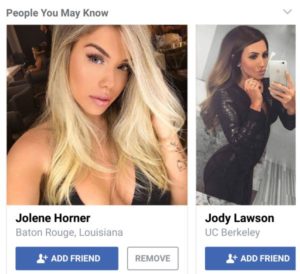
Groups became one of the few places on Facebook where I seemed to exist to others, but having no friends complicated matters there, too. You have to be friends with someone to invite them to a group. There was frequently confusion as users saw my temporary friend request, saw that I had no other friends, and assumed I was an automated malicious bot impersonating their buddy.
Of course, the real cost is in loss of connection to and coordination with other people, and the cost is greater than it would be if you went back in time to a pre-Facebook era, because people depend on social media to the exclusion of other forms of communication. You’re going to miss announcements about life events. You will lose connection with childhood friends. You’ll miss opportunities for social get-togethers, and traveling friends will sail through your town without stopping to have lunch.
Still, misanthropy strikes deep, and into your life it will creep. You might have missed your uncle’s announcement about his dog dying because you unfollowed him after a series of political posts. You probably didn’t have that much in common with your childhood friend, now a dentist who doesn’t believe in washing his hands. You hate parties, and who has time for lunch, anyway?
The cost of disengagement is high. It’s probably too high. In November while on a retreat with friends I was talked into adding Facebook friends again. I carefully selected who from my previous list would make it. I ended up with about 80 friends, down from 130 before my experiment and close to 500 at the peak in 2015. Of the 80-ish current friends, about a third are people with whom I authentically want to connect. Another third are people I love but don’t particularly want to spend time with, and the remaining third are people I’m friends with out of obligation, like family members and church friends. If you think this sounds like I’m immediately veering back into dissatisfaction with Facebook, you’re right.
This week I unfriended two long-term friends following their posts in response to the recent school shooting. Their posts were not designed to change minds but to berate those holding different viewpoints. The posts of those who nominally agree with me on that particular subject aren’t much more productive. On the walls of my more friend-count-rich friends, I’ve been called a unpatriotic scumbag by right-leaning people and a Bible-thumping fascist by left-leaning people. There may be people who thrive amid this sort of discourse, but I’m not one of them. Those arguments are not actionable or beneficial in the same way that most news stories are not actionable or beneficial.
I’m totally open to the possibility that I’m doing it wrong, have the wrong friends, am just fundamentally a broken human being, or all three, but I’m having a very hard time believing that I’m alone. Facebook is essential. Facebook is useful. Facebook is fun. Facebook is a waste of time. Facebook is counterproductive. Facebook is agony. I’m going to give myself a week to decide if I’m going back to a zero-friend account.


